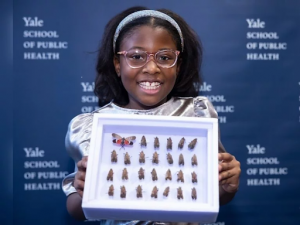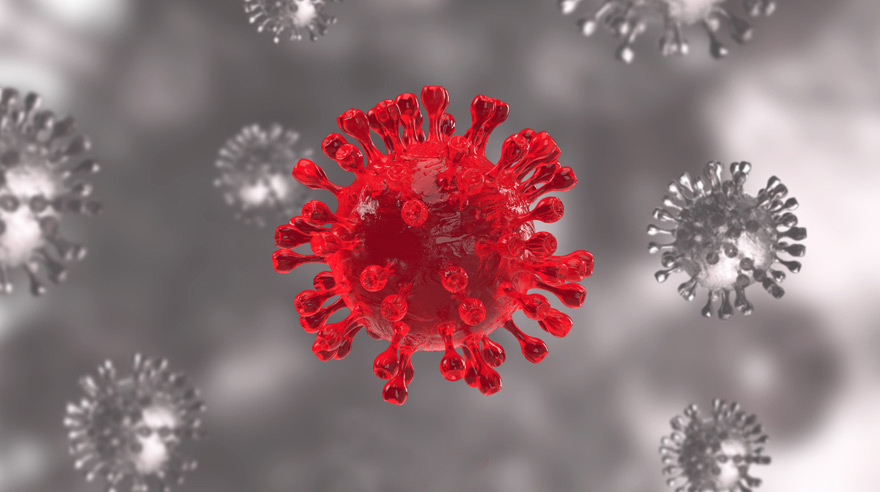
The World Health Organization (or the WHO) has been referencing the new variant of COVID-19 as “The Variant of Concern.” This new variant was reported to the WHO on November 24 of this year, after it was found by scientists in Botswana and South Africa (CDC). The variant of concern, commonly known as the Omicron variant, has many differences from the first two waves, or variants, of COVID-19. The differences between the variants of COVID-19 result from mutations, changes in the structure of infection. As COVID-19 evolved, there have been several mutations, some of which are only nominal differences while others have much greater severity (Hopkins Medicine).
The mutation in the Omicron variant is unique in that it may have some distinctive structural changes in the virus’s spike protein. The spike protein is very significant, as this region is the main target of vaccine antibodies. Thus, it is possible that vaccines will be rendered less effective, or completely ineffective, when it comes to fighting the Omicron variant (The New York Times). The CDC stated, “Lab experiments have already shown that Omicron has mutations that reduce the infection-blocking ability of antibodies by about 20 to 40 fold” (CDC). Basically, as more research is conducted, scientists are coming closer to the conclusion that vaccinated people will be more susceptible to the Omicron variant as compared to other variants. Data gathered from Great Britain and regions of Africa have helped professionals come to this conclusion (The New York Times), however, there is still much more to be researched about this new wave of COVID-19.
Naturally, there are many questions surrounding this new variation of COVID-19. Because this variant is at such an early stage, scientists are unable to answer many important questions. Despite this, they have still been able to make a few predictions. For example, scientists believe that people with antibodies, from either the vaccine or previous infection, will have a lesser risk of developing a serious infection of COVID-19 that involves a hospital stay (Hopkins Medicine). A common question is whether or not current treatments for COVID-19 will be effective on those infected with the Omicron variant. Once again, scientists are still trying to figure out the answer to this question. However, they predict that it is very possible the differing makeup of this new variant will warrant a new treatment (CDC).
The variant of concern, the Omicron variant, has received a tremendous amount of media coverage within the past few weeks. Yet, this variant is not as rampant within the US as one may be led to think. In reality, the Delta variant is still the most common variation of COVID-19 in the States (CDC). It is entirely possible that this variant will end up being less severe than the first two, however, there has not been enough research to come to any solid conclusions. Health professionals continue to encourage all people to partake in safety protocols, like wearing masks and social distancing. These practices will help prevent the spread of the Omicron, and other variants, despite all that is still unknown (Hopkins Medicine).






































